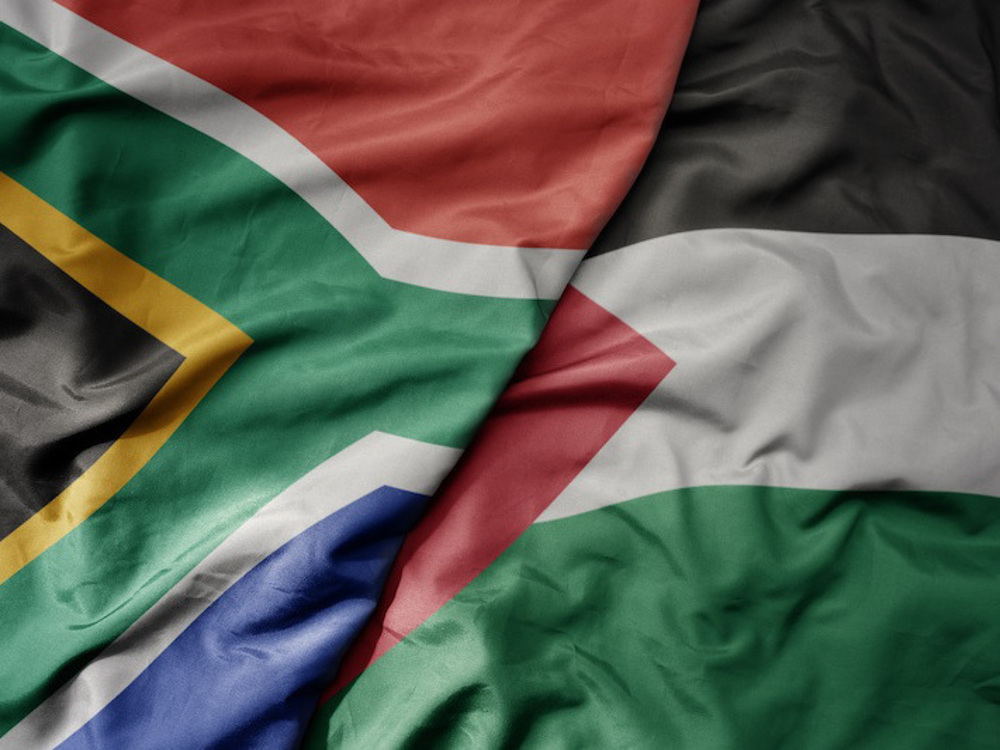Police killed 34 protesters during recent protests in DR Congo: HRW
Security forces shot dead at least 34 people in the Democratic Republic of the Congo during protest rallies this week against President Joseph Kabila, Human Rights Watch (HRW) says.
All fatalities occurred during initial demonstrations on Tuesday, said Ida Sawyer, the Central Africa director for the New York-based HRW, in a twitter post on Thursday, raising the death toll from an earlier count of 26.
She added that 19 people were killed in the capital, Kinshasa, five in the southeastern city of Lubumbashi, and six and four others in the western port cities of Boma and Matadi, respectively.
Sawyer further said that the rights group was verifying additional reports of deaths.
The Congolese government has, however, said that only 22 people had lost their lives in the clashes, including a police officer.
People have been protesting Kabila’s refusal to quit after the end of his second term in office.
Meanwhile, reports say that the army has sealed off a section of Lubumbashi, carrying out mass arrests of young men and adolescents there, in an apparent attempt to curb growing anti-government protest rallies.
Lubumbashi, the provincial capital of Haut-Katanga is the second-largest city in the country and the fiefdom of an opposition leader in exile, Moise Katumbi.
On Tuesday, the director of the UN mission in the DR Congo, Maman Sambo Sidikou, said his office had documented 113 arrests of opposition leaders, civil society activists, human rights campaigners, and journalists by police and intelligence authorities since December 16.

President Kabila assumed power in the mineral-rich country in 2001, shortly after the assassination of his father. In 2006, a new constitutional provision limited the presidency to a two-term limit, which expired for the incumbent on Tuesday.
He is thus barred from standing for a third term but has refused to step down.
The electoral commission, blamed by opposition parties as taking Kabila’s side, announced in October that it had postponed scheduled elections from December 2016 to April 2018, paving the way for the 45-year-old president to further remain in power.
The commission’s official decision further angered opponents, particularly in the capital, plunging the African country into more political turmoil and repeated bouts of deadly unrest during the past two months.
The DR Congo has faced numerous problems over the past few decades such as grinding poverty, crumbling infrastructure, and a war in the east of the country that has dragged on since 1998 and has left over 5.5 million people dead.
VIDEO | Press TV's news headlines
Iran says Christmas opportunity to remind ourselves of Jesus Christ call for 'justice, peace'
VIDEO | Eyewitness video shows moment of plane crash in Kazakhstan
VIDEO | Lebanese Christians celebrate Christmas over ruins
Iran FM: ‘Too early’ to predict Syria’s future for those thinking ‘victories’ achieved
The big role of steel industry in Iran’s development
Yemen fires second hypersonic missile at Israeli targets in as many days
UK suspends 6,500 Syrian asylum claims after Assad's fall













 This makes it easy to access the Press TV website
This makes it easy to access the Press TV website